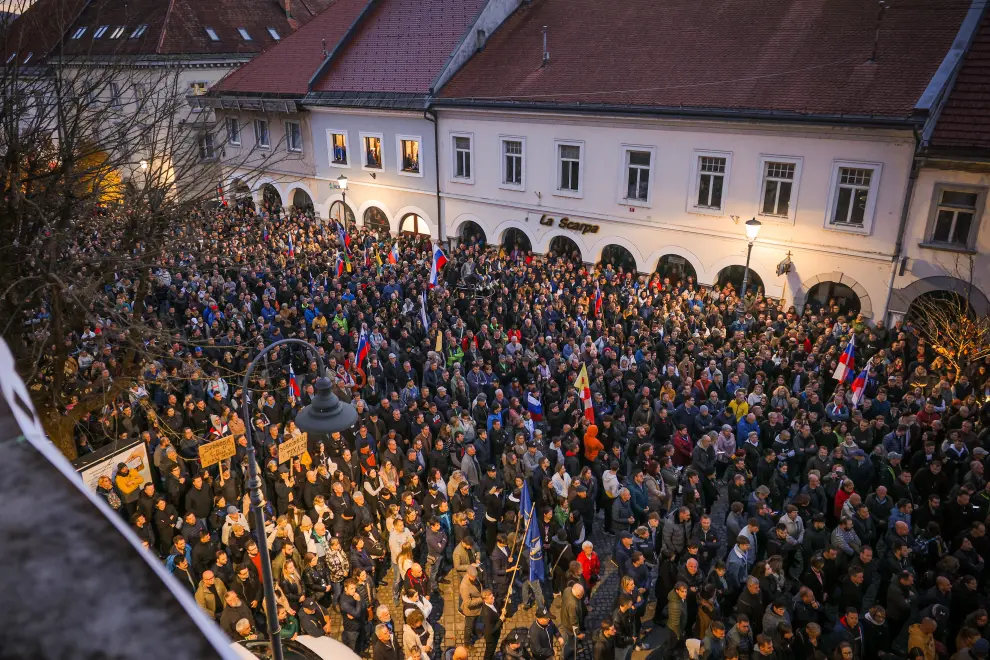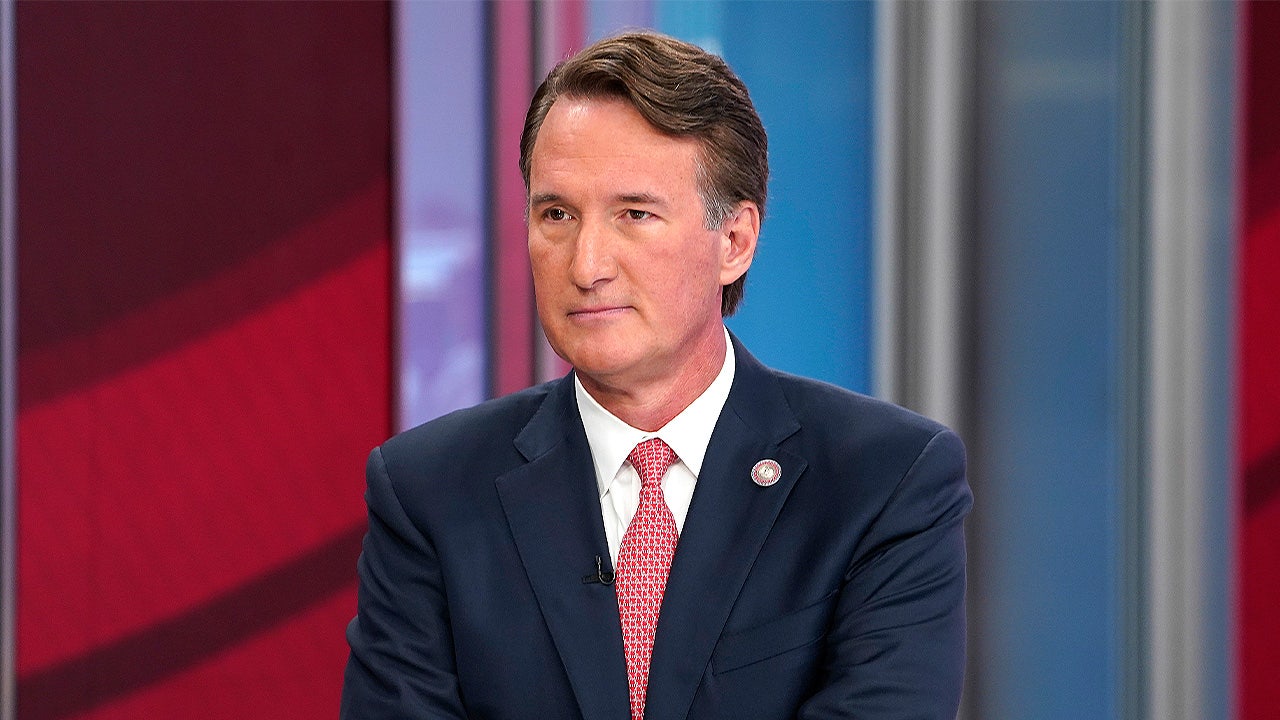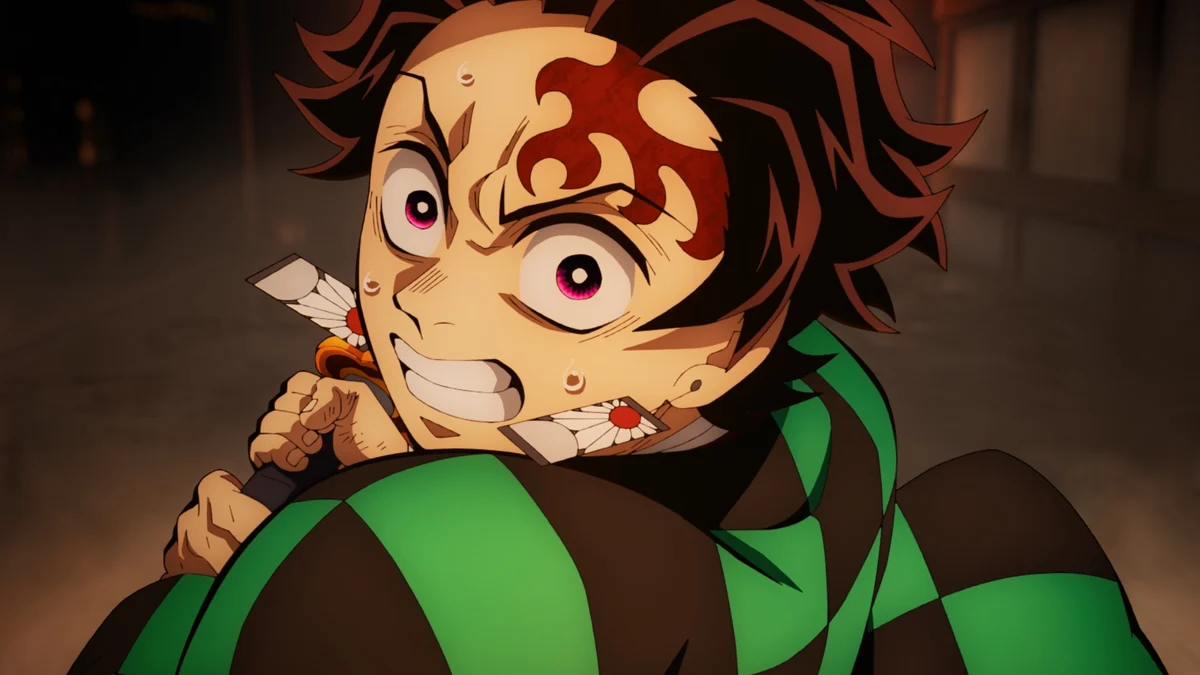Copyright sloveniatimes

Slovenia's government has announced sweeping new security and social measures following the death of a man who was fatally beaten by a member of the Roma community in Novo Mesto, an incident that has triggered mass protests after years of simmering discontent and forced two ministers to resign. Prime Minister Robert Golob outlined an emergency omnibus bill granting broader powers to the police and tightening penalties for repeat offenders. The reforms, he said, were aimed at restoring public order in southeastern Slovenia, where tensions have escalated after the killing. "There will be no more leniency," he said. Speaking before the Novo Mesto city council on 28 October as an estimated 10,000 protesters jeered outside demanding justice for the slain Aleš Šutar, Golob admitted that the state's security apparatus had failed. "The system did not ensure safety," he said. "We will not tolerate areas where violence, weapons, and drugs take root." Tougher penalties and expanded police powers While the planned measures are not explicitly aimed at the Roma population, they deal with long-standing problems in the region and address complaints by the police who claim they do not have sufficient tools at their disposal to effectively crack down on crime perpetrated by members of the Roma community. Police would gain new authority to conduct raids and remove individuals from public spaces without a court order if they pose an immediate threat. Officers would also be able to order the temporary closure of bars or public gatherings where crimes or incitement to violence occur. Interior Minister Boštjan Poklukar, who resigned earlier this week over the state's handling of the case but was nevertheless on hand for the event, said the measures would allow police to intervene more quickly and decisively. Poklukar explained that officers would be able to enter private property without a warrant in cases where a person's actions seriously threaten public order or life and safety. Drones, video surveillance, and automatic license plate recognition systems could also be deployed in high-risk areas. Police special units have been deployed to the region and will remain stationed there "until safety is guaranteed," Golob said. Social welfare limits and crackdown on abuse Beyond policing, the package also targets social benefits, another long-standing complaint by the majority population in the area who claim that the Roma are untouchable because welfare benefits cannot be seized if they commit a crime or misdemeanour, breeding culture of impunity. The proposed changes would limit or seize welfare payments from repeat offenders. Authorities could also execute fines by drawing from benefits previously exempt from enforcement. One of the most controversial measures would abolish child allowances for underage mothers, a move Golob defended as necessary to stop what he called "a financial model that drags young girls into slavery in Roma settlements." Parents, he said, should bear responsibility for minors who become mothers. The government will also accelerate asset confiscation for wealth of unknown origin and restrict free legal aid for repeat offenders. Golob announced that the new omnibus law, which will amend multiple existing acts, will be named after Šutar, the 48-year-old man whose death triggered the unrest. The bill is expected to reach parliament next month and could be passed by the end of November. Golob insisted the measures are not directed against any ethnic group. "This is not a fight against the Roma," he said. "It is a fight against crime." He urged Slovenians to act decisively but without vengeance. "Anyone could be Aleš ... These stories do not call for revenge. They call for action-together, now, because if not now, we may never have another chance." And while he acknowledged that the measures may seem excessive - and they have been described as such by some jurists - he defended their scope. "Some will say they go too far, but if we do not act today, we won't get another opportunity for years." Protests and political fallout Hundreds of protesters gathered outside Novo Mesto's city hall during the meeting, demanding stronger action and expressing anger over what they see as years of state inaction toward crime in Roma settlements. Some local mayors accused the government of neglecting the region and failing to protect residents. Novo Mesto Mayor Gregor Macedoni said the state had "failed across the board" in ensuring safety, warning that generations of Roma children were growing up trapped in poverty and crime. "Fourteen-year-olds are committing violent crimes; their classmates are becoming mothers," he said. "This must end now." Jože Simončič, mayor of nearby Šentjernej, said the rule of law had collapsed in his municipality, where illegal construction, theft, and violence go unpunished. "We are not asking any more, we are demanding," he said. Government under severe pressure The crisis has already claimed two ministers: Poklukar and Justice Minister Andreja Katič, who stepped down in the immediate aftermath of the fatal incident. Both cited accountability for the government's inability to prevent the killing and respond to public outrage. The incident comes just months before the country is slated to hold the next scheduled general election and is seen by analysts as a boon to the right-wing opposition, which have long favoured a law-and-order approach to dealing with problems in Dolenjska. In their initial reactions, the main right-wing parties leached on to Golob's claim that the state apparatus had failed. Democratic Party (SDS) leader Janez Janša has posted on X that "they are not up to the task, says Golob," while also assessing that a large part of the blame for the situation, "at least half", lies with the prosecution and judiciary. Janša said that the government "talks about repressive measures, about the stick, while at the same time performing something that at best resembles a cheap comedy". New Slovenia (NSi) president Jernej Vrtovec also had questions about Golob's responsibility, wondering on X "who is the boss of this apparatus," and claiming that the repressive state apparatus has failed in dealing with violence.



